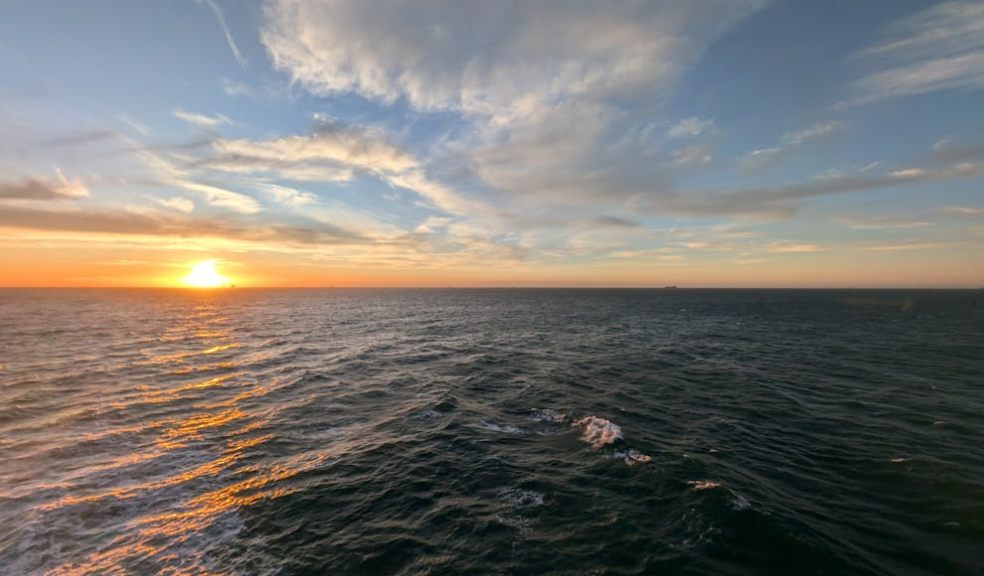
How Innovative Practices Are Revolutionizing Marine Research
Marine research has long been a cornerstone of understanding Earth's most enigmatic and vast environment—the ocean. This field, however, has historically faced significant challenges due to the ocean's depth, vastness, and often inhospitable conditions.
Recent advancements in technology and innovative practices are revolutionizing the field, allowing scientists to explore, monitor, and understand marine ecosystems with unprecedented precision and detail.
Advancements in Sensor Technology
Sensor technology has also seen significant advancements, making it possible to collect more accurate and comprehensive data on various aspects of the marine environment.
Modern sensors can measure a wide range of variables, including temperature, salinity, pH levels, and the presence of specific chemicals or biological organisms.
These sensors are often integrated into buoys, underwater gliders, or stationary monitoring systems, providing continuous data streams that help scientists track changes in marine ecosystems over time.
The development of environmental DNA (eDNA) sensors has been particularly groundbreaking. eDNA allows researchers to detect the presence of species in a given area by analyzing DNA fragments found in water samples.
This non-invasive method has revolutionized biodiversity monitoring, making it easier to study rare or elusive species and to assess the impact of human activities on marine life.
Big Data and Machine Learning
The vast amounts of data generated by modern marine research technologies require advanced methods of analysis. Big data analytics and machine learning are increasingly being used to process and interpret this information.
Companies like Deep are at the forefront of constructing advanced undersea habitats that enable scientists to directly study and interpret complex ecological data within marine environments. Using both technologies, researchers can gather and then analyse large amounts of data, aiding in the prediction of future changes in marine environments.
For example, machine learning has been used to model ocean currents, predict the movements of marine species, and assess the impacts of climate change on marine ecosystems.
These models are crucial for informing conservation efforts and for managing fisheries and other marine resources sustainably.
Citizen Science and Open Data Initiatives
The democratization of marine research is another innovative trend reshaping the field. Citizen science projects, where non-professionals contribute to data collection and analysis, have expanded the scope of marine research.
Projects like the Global Coral Reef Monitoring Network and the Great British Beach Clean allow volunteers to gather valuable data on marine ecosystems, which is then used by scientists to monitor environmental changes and to advocate for conservation policies.
Open data initiatives are also promoting collaboration and transparency in marine research. By making data freely available, these initiatives encourage researchers around the world to work together, share insights, and build upon each other's work.
This collaborative approach is accelerating the pace of discovery and leading to more informed and effective conservation strategies.
Conclusion
Innovative practices are revolutionizing marine research by enhancing our ability to explore, monitor, and understand the ocean. Autonomous vehicles, advanced sensors, big data analytics, and citizen science are all playing critical roles in this transformation.
These advancements are not only expanding our knowledge of the marine environment but are also providing the tools needed to protect and preserve the ocean for future generations.
As technology continues to evolve, the potential for new discoveries and solutions in marine research will only grow, offering hope for addressing the many challenges facing our planet's oceans.














